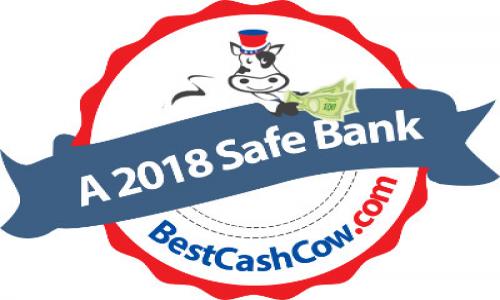It’s all over the news: banks are slashing APY offers and account maintenance fees are going up. This is, in part, due to the economy and new federal regulations that make it harder for banks to generate revenue in ways to which they are accustomed. If your brick-and-mortar bank doesn’t seem to be offering competitive accounts anymore, you may be tempted to move to an online-only bank. However, before you make the jump to virtual accounts, there are some things to keep in mind.
First and foremost, take a look at your current banking habits. Do you like the ability to go into a physical branch and speak to a teller in person? Do you ever need to take out large cash withdrawals? (Most regular ATMs limit the amount you can withdraw at a time). How do you deposit money? Do you have paper checks to deposit often? Some online banks require you to mail in the check, but others (like USAA) allow you to scan in your check from your home computer and deposit it electronically.
If you decide an online bank is the best solution for one or all of your accounts, the next step is to investigate the bank you’re considering. You should make sure the bank is charted by the Federal Reserve and insured by the FDIC. Keep in mind that the FDIC only insures accounts up to $250,000. If your deposit exceeds that amount, you should spread out your deposit over multiple banks so that your savings are fully insured.
Next, you should see if the online bank has an affiliation with a brick-and-mortar bank or financial entity and check out that bank’s financial rating. If something happens to the online bank and your deposits are FDIC insured, you’ll get your money back, but depending on the situation, it could be a headache.
Then, check and double-check the fees for the account. Will you be charged if you call and speak to a live person (if a live person is available)? How good is their customer service? You may want to call their customer service line (as long as it’s free) and see how long of a wait time you have before your call is answered and how you are treated.
Some experts say that online-only banks will eventually replace most—if not all—brick-and-mortar stores, just like services like Netflix are replacing physical video stores like Blockbuster. However, just because online banks are the wave of the future doesn’t mean it’s necessarily the best banking choice for you today.








Add your Comment
or use your BestCashCow account